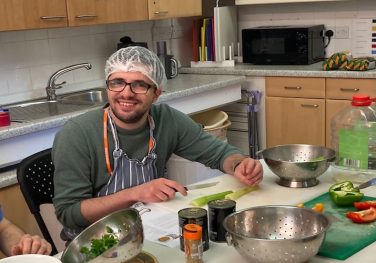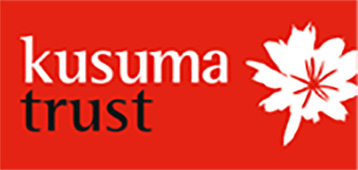Royal Society for Blind Children
Essential skills for life without limits
Preparing food for yourself or loved ones is an everyday thing for most of us. But for a young person with a visual impairment it can be daunting. According to the 2015 My Voice report, 6 out of 10 (61%) people with a visual impairment always or frequently needed help to prepare meals. The Royal Society for Blind Children (RSBC) works for every blind child and their family to live life without limits. Their project Culinary Horizons helps remove the barriers young visually impaired people confront in the kitchen.
Our grant of £47,718 will fund essential equipment for the kitchen in the RSBC Life Without Limits centre and monthly in-person and online masterclasses. It will enable 250 visually impaired young people aged between 11 and 25 to develop skills in the kitchen, making it easier to live more independently.
- London’s Natural History Museum is the most visited natural history museum in Europe, the top science attraction in the UK and the fourth most visited museum or gallery in 2018/19.
- The Urban Nature Project will reach an additional 1.6million+ people through digital and national public programmes.
- The bronze Diplodocus carnegii replica will be 21.3m long, 4.25m high and approximately 2m wide, with 292 bones, 70+ tail vertebrae and nearly 60 finger and toe bones.
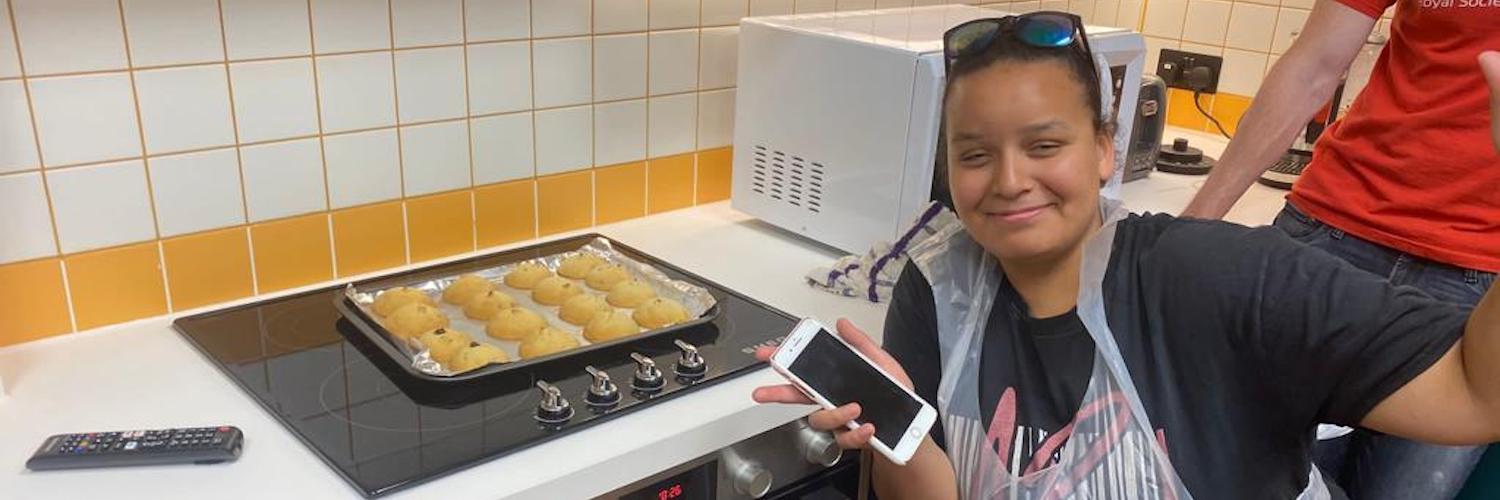
Cooking up confidence
Meal preparation can be incredibly challenging for people with sight loss and resorting to easy but unhealthy ready meals is appealing. Sight loss is strongly associated with conditions like diabetes and obesity, so it’s essential that young visually impaired people have the knowledge and skills to prepare nutritious meals. Culinary Horizons participants will learn to use voice controls and bump dots on appliances so they can cook with confidence. Each of the participants will achieve at least one AQA accreditation in a relevant area such as practical cookery or food hygiene.
Blind and partially sighted people are 11 times more likely to lack confidence than their sighted peers. This course is a really important way to build participants’ confidence, as well as give them the vital cooking skills they need to lead independent lives.
“RSBC share our values of creating access to opportunities and improving health and wellbeing. The Culinary Horizons programme will make a real difference to 250 young people, helping them to lead fulfilled lives.”
More Success Stories
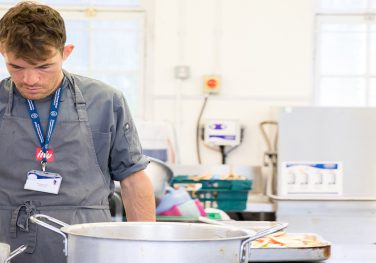
Chefs in Schools
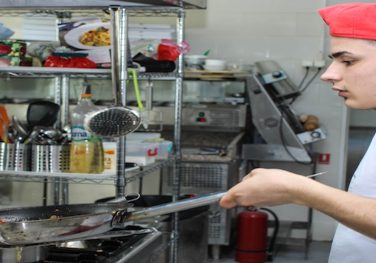
Avenues Youth Project
